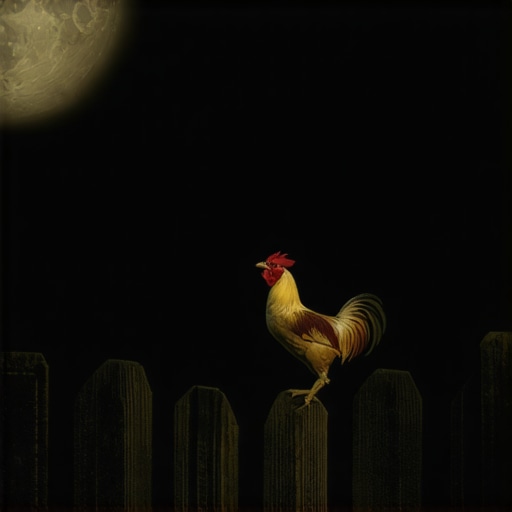White Dove Feathers: Reveal a Message of False PeaceWhite Dove Feathers: Reveal a Message of False Peace
The Ancient Folklore of the Ivory Plume: When Peace is a Mask The image of the white dove is perhaps the most universally recognized symbol of tranquility, hope, and divine


